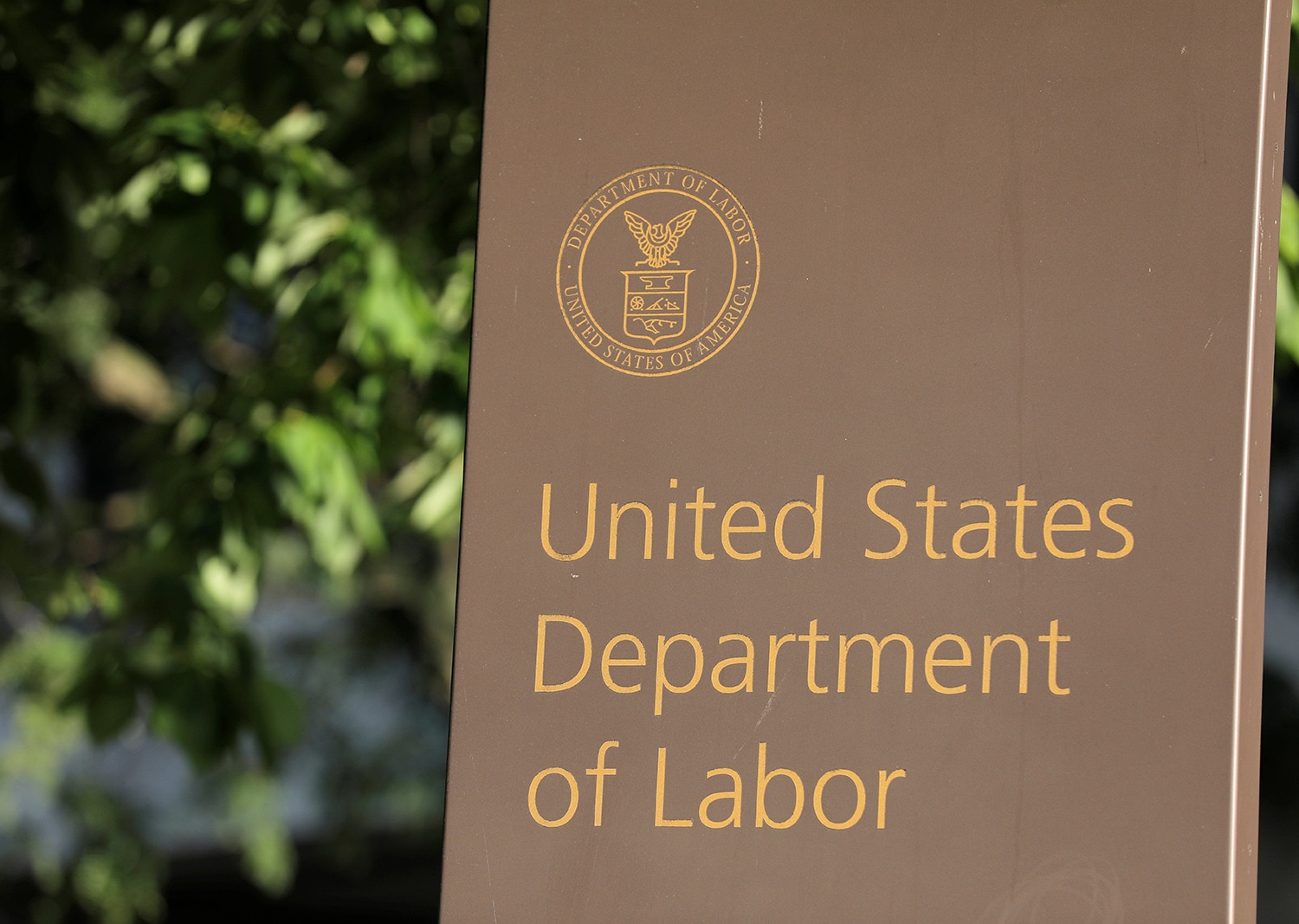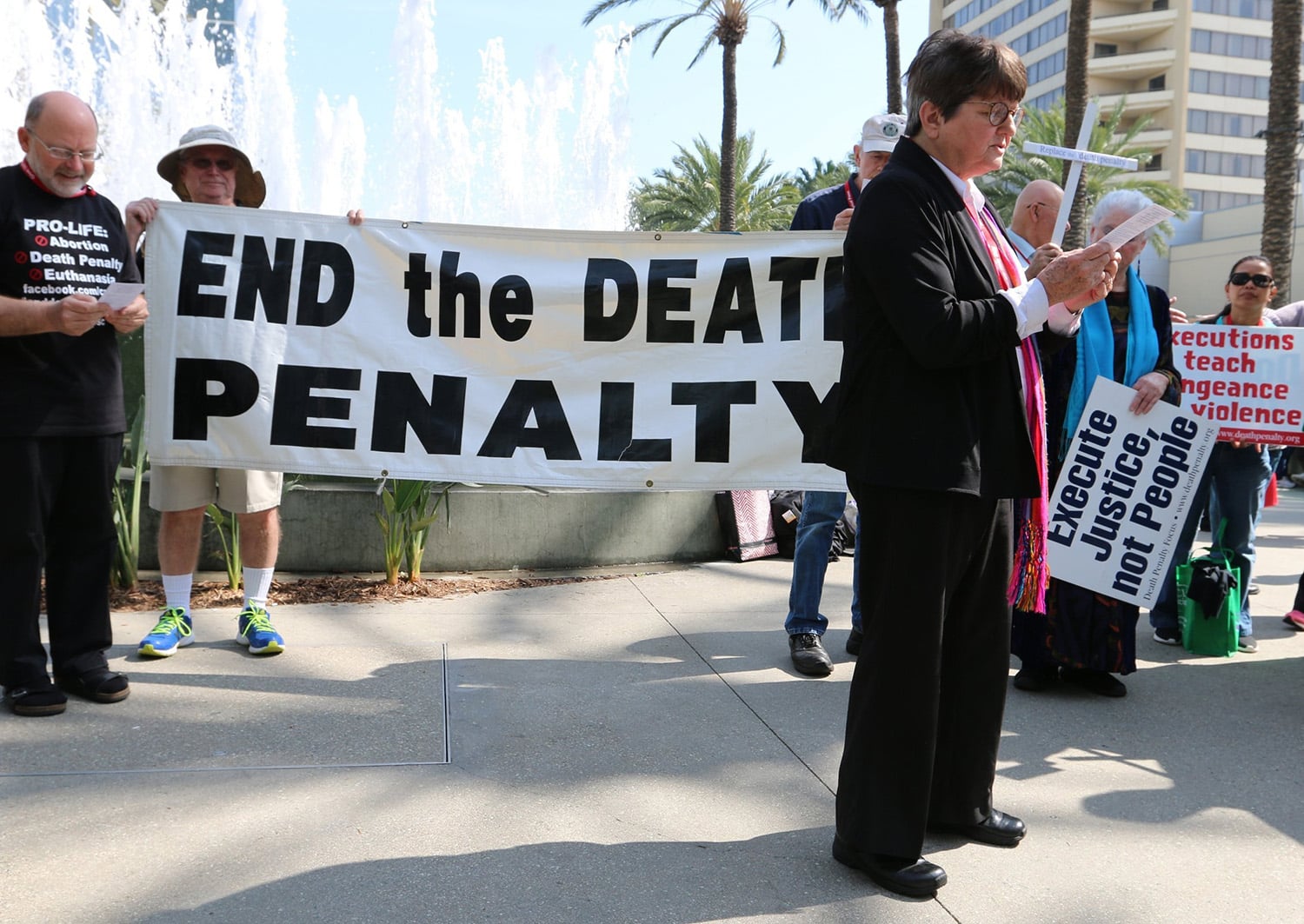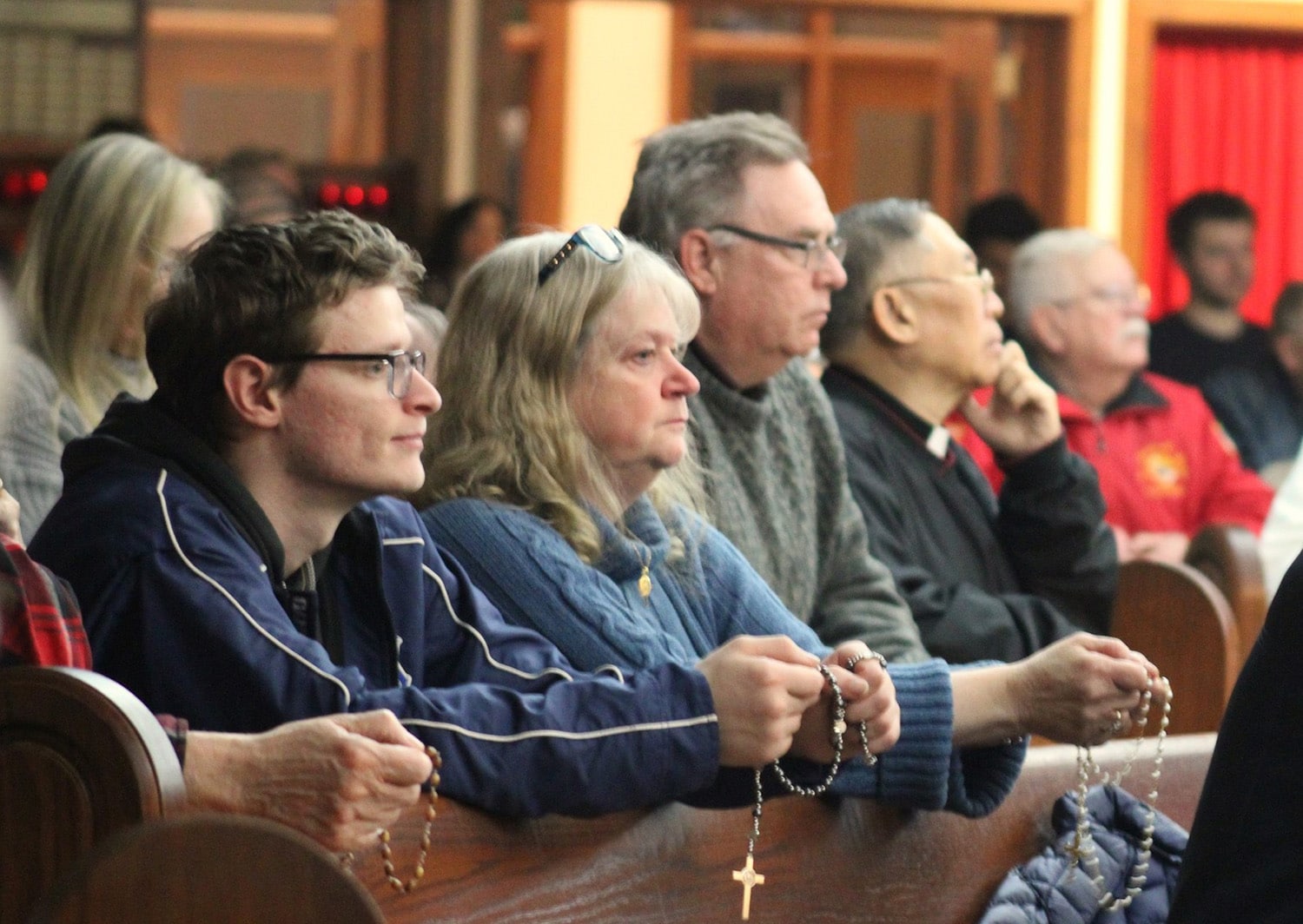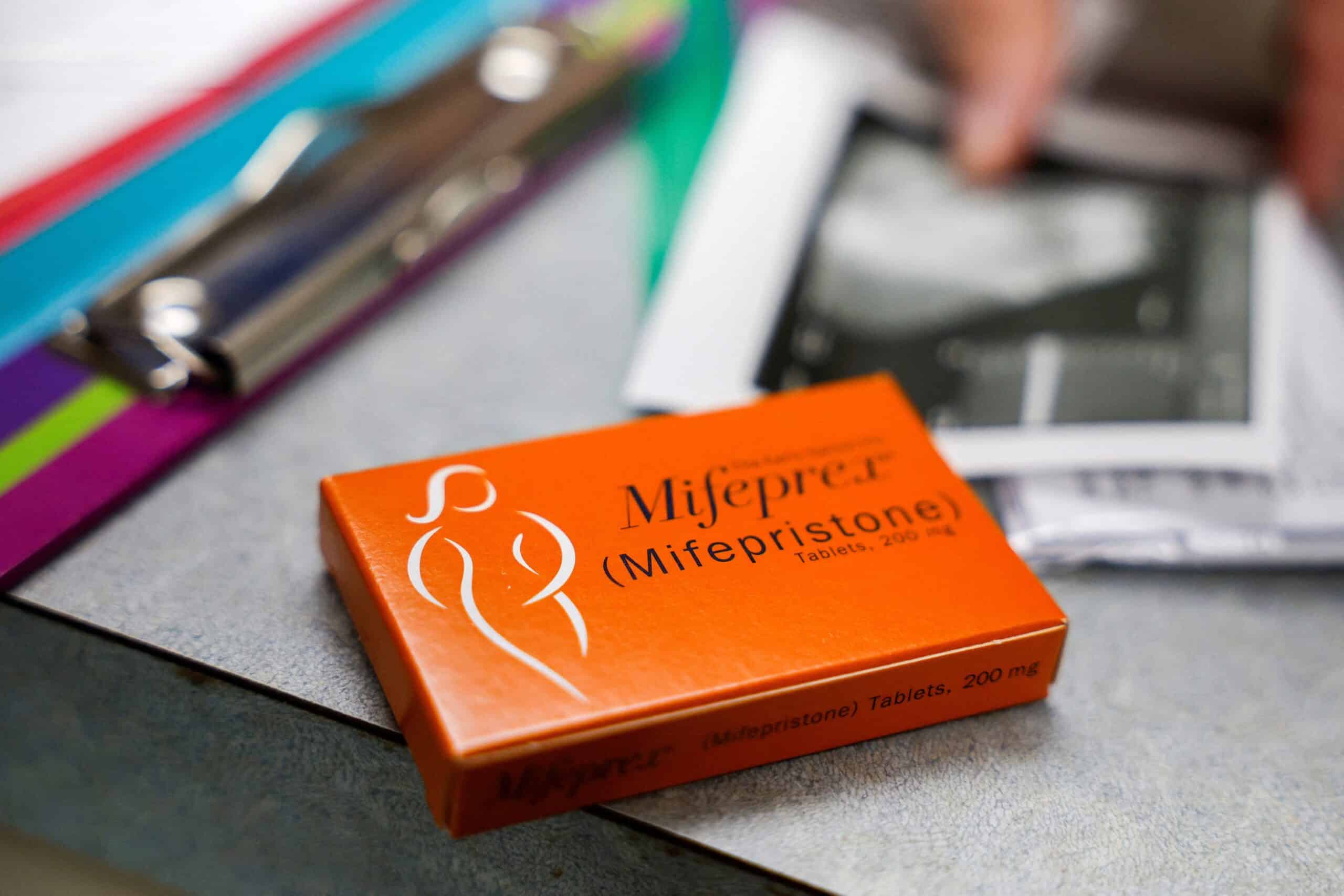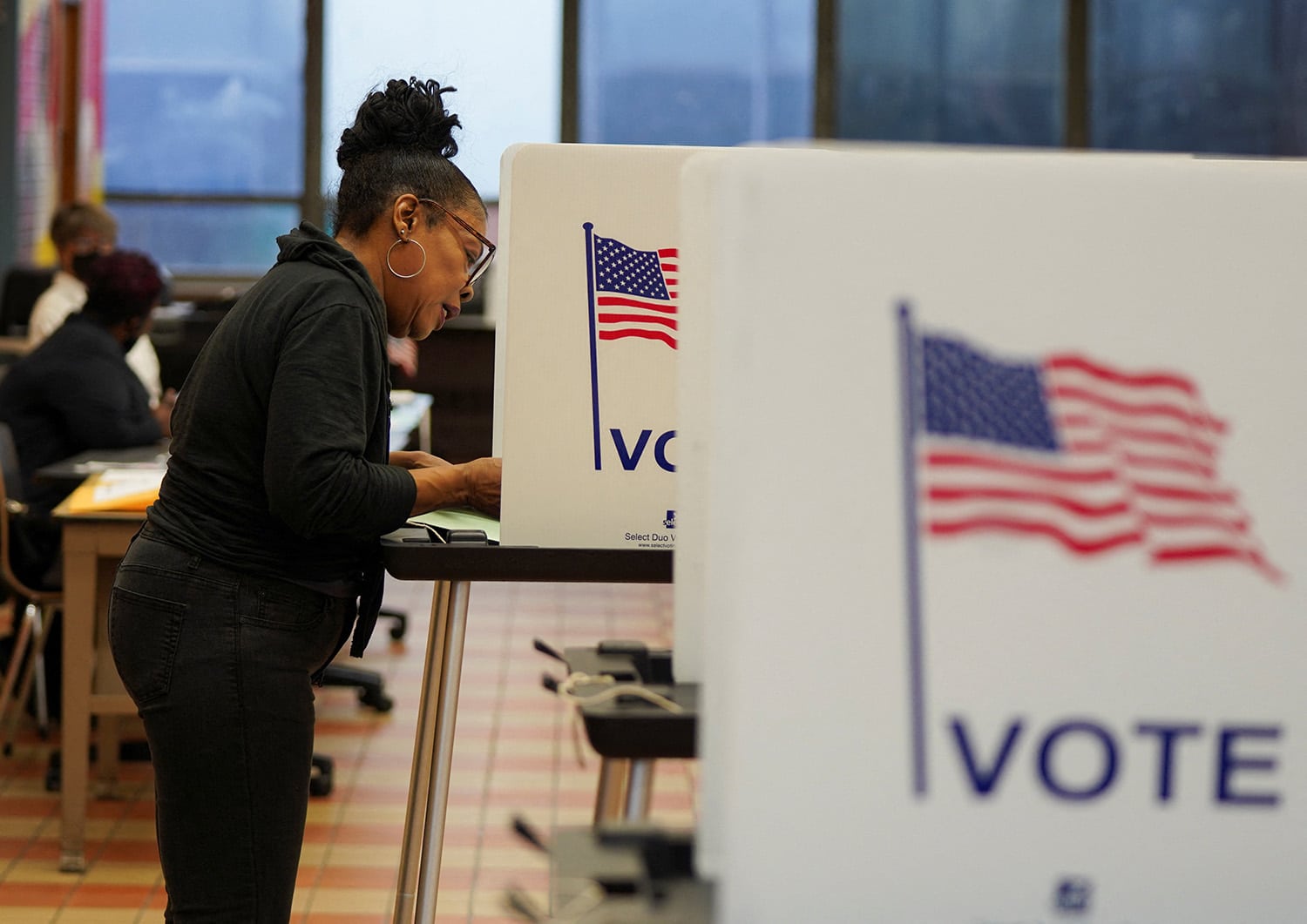(OSV News) — As child labor law restrictions continue to be loosened around the country, the U.S. Department of Labor announced Feb. 21 a nationwide, temporary restraining order and injunction against an offender it slammed for “oppressive” and “egregious” practices.
The offender? Tennessee-based Fayette Janitorial LLC, which the Labor Department alleges illegally hired 15 children — some as young as age 13 — in Virginia and at least nine children in Iowa. The company provides contract sanitation and cleaning services for meat and poultry processing facilities.
Federal investigators “discovered Fayette employed children to clean and sanitize spaces and equipment during overnight shifts to fulfill sanitation contracts at a Perdue Farms plant in Accomac, Virginia, and at Seaboard Triumph Foods LLC in Sioux City (Iowa),” the Labor Department said in a statement.
Their duties included scouring “kill floor equipment” — machines used to dismember animals processed in meatpacking plants. The names of these gadgets hint at their dangerous nature — head splitters, jaw pullers, meat band saws and neck clippers — and in part explain why the Fair Labor Standards Act, or FLSA, bans children under 18 from toiling in most meat and poultry slaughtering environments.
In 2022, one such machine at the Accomac Perdue plant tore a child worker’s forearm open to the bone. As The New York Times reported, “He was 14 at the time, and in the eighth grade” and had been “hired by Fayette at age 13 after he arrived in Virginia from a village in Guatemala.”
“Children belong in school. They most definitely do not belong in dangerous jobs such as cleaning hazardous equipment in meatpacking plants,” Clayton Sinyai, executive director of the Catholic Labor Network, told OSV News. “This is not the first such company to face investigation for this practice. Sadly, in most cases it is the children of immigrant workers who are put in harm’s way in these jobs.”
“In recent years,” Sinyai continued, “a number of states have sought to loosen laws restricting child labor. This incident should cause them to reconsider those actions and discourage others from following in their footsteps.”
New law endanger child workers
The day after the Labor Department announced its actions against Fayette Janitorial, the Kentucky House of Representatives — repealing its existing child labor laws to align them with federal laws — approved legislation allowing some teenagers to work both longer and later hours.
West Virginia lawmakers, meanwhile, are moving forward with a bill eliminating work permits for 14- and 15-year olds.
Last March, the “Youth Hiring Act of 2023,” became Arkansas law, eliminating state age verification for children younger than 16 seeking a job.
As OSV News also reported in March 2023 — in one of the largest child labor cases in its history — the Labor Department’s Wage and Hour Division discovered 102 children ages 13 to 17 employed by Wisconsin-based Packers Sanitation Services Inc., at its client facilities in Arkansas, Colorado, Indiana, Kansas, Minnesota, Nebraska, Tennessee and Texas.
In 2023, the Labor Department found 5,800 children employed in violation of child labor laws, an 88% increase since 2019. Of the 955 child labor cases completed by federal regulators in 2023, over 50% involved minors employed in violation of hazardous occupation laws.
Pope Francis has repeatedly condemned such practices, commenting in November 2021 to participants in the “Eradicating Child Labor, Building a Better Future” conference that “the way we relate to children, the extent to which we respect their innate human dignity and fundamental rights, expresses what kind of adults we are and want to be, and what kind of society we want to build.”
“Fayette has always had a zero-tolerance policy for minor labor in the workforce,” the company said in a released statement, “and we have continued to work diligently to ensure that something like this cannot occur.” Improved hiring protocols were cited, including the use of biometric technology.
Penalties must become more punitive
“These are major companies who have systemic and repeated circumstances in which they are employing children overnight to do extremely dangerous work,” observed Mary Graw Leary, a professor at The Catholic University of America Columbus School of Law who is currently a visiting professor at the University of Georgia School of Law.
“Perdue is reported to have annual sales of over $9 billion dollars. Why are they allowing child labor? Do they really need to do that with such profits? I do not think so,” she told OSV News. “They brag about how healthy their chickens are treated before they are slaughtered. It would be better if they focused on how healthy their workers are — and whether they are old enough to do these incredibly dangerous jobs.”
While companies the Labor Department investigates typically protest otherwise, “what is apparent in all these cases is this is an open secret: co-workers, supervisors, record keepers, school officials, payroll, other household members all must be aware that children are working the overnight shift in this capacity,” Graw Leary emphasized. “Yet, they look the other way.”
Child labor violations won’t cease, Graw Leary said, until penalties become more punitive.
“These companies know this is going on and also know with their profit margins it is unnecessary and a dehumanization of children that is allowed to flourish, because these companies take advantage of this vulnerable population for their own profit,” she added. “That is called exploitation and is a reason why we need stronger criminal liability to address it.”
A necessary wake-up call
The Labor Department’s website notes, “Employers may be subject to a civil money penalty up to $11,000 for each employee who is the subject of a child labor violation. In addition, the FLSA permits an assessment of up to $50,000 for each violation that causes the death or serious injury of a minor and such assessments may be doubled, up to $100,000, when the violations are determined to be willful or repeated.”
“It is a sad commentary on the state of current labor relations in the United States that child labor has returned as one of the most pressing labor problems we are confronting today,” said Joseph McCartin, executive director of the Kalmanovitz Initiative for Labor and the Working Poor at Georgetown University. “One hundred years ago, Msgr. John A. Ryan helped lead the campaign that led to the Fair Labor Standards Act of 1938, which banned the employment of children under 18 in dangerous work, but we are nonetheless seeing the return of this practice in recent years.”
McCartin also told OSV News that children who have migrated to the U.S. are at the most risk.
“Immigrant children are the most likely to be exploited, and the companies most likely to exploit them are subcontractors like Fayette Janitorial Service, who are hired by large companies like Perdue Farms, who turn a blind eye to their illegal use of children,” McCartin commented. “That the government had to resort to seeking an injunction in this case is a sign of how out of control this exploitative practice is becoming.”
He said, “Hopefully this injunction will provide a wake-up call to firms like Fayette and to the large corporations that contract with such unethical firms, that they can no longer operate with impunity.”

